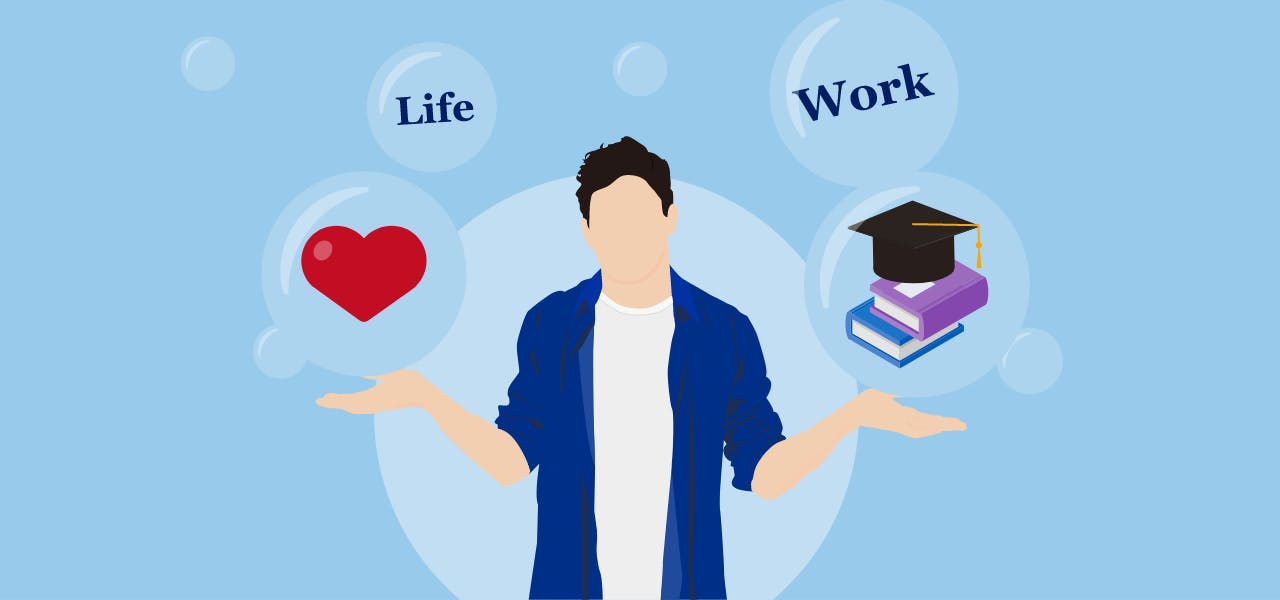Pressure is a common part of daily life in the world of a researcher, starting the day they enter their first class on the path of obtaining their PhD. If you’re one of the few tough enough to brave this road, you know the struggles and pressure of always working toward another outcome, a better grade, and the thesis or dissertation you have to be compiling research on for years.
A common trait of those in the research career path is that of perfectionism. You want to do everything well and better than those around you. If that sounds like you, chances are, you also want to get it all done in the predetermined time frame so you can hurry up and start your career as an academic scholar or scientist. The danger in this is that you can lose sight of your work/life balance, often putting weekends and holidays off in favor of grinding away at all the pieces it takes to get that PhD in your hand. But ultimately, taking time off can make you more productive, and you really should self-actualize yourself stepping back, finding a balance, and getting your PhD without losing track of what really matters - your life.
The Importance of a Work/Life Balance
Studies have shown that when you take breaks from working in order to enjoy your personal life, your productivity actually increases. Your brain is given the time it needs to recover from the constant stresses of your work. You can focus better, making your future performance faster and more efficient.
Without rest, your brain runs slower and is more apt to make errors. You might think that pushing yourself harder is the way to go, but it’s actually self-defeating. Researcher burnout is a real problem. If you don’t learn how to create a work/life balance while you’re in school, it’s only going to be harder once you get your PhD and the responsibilities you have daily become a matter of your job security and scholarly reputation instead of being cushioned by the fact that you can always retake a course if you fail it, or delay graduation a little if it means avoiding burnout.
Self-Actualizing Your Next Vacation Time
You can start your work/life balance by setting a schedule and sticking to it. TIme management is crucial, and it’s so easy to get caught up in studying or research work and lose track of the hours. Create a daily routine, use timers and apps to help you transition from one task to the next, and include time to rest and relax every day.
Then, once that’s taken care of, you can put measures in place to begin to prepare for a vacation. The most typical time to do this is during holidays when others are also taking off. You might think you’re being the smart one, getting in extra hours to get ahead while everyone else is slacking, but since you’re one of the only ones working, you’ll find that you can’t get too far ahead anyway. Any task that relies on someone else to help you, such as making orders for supplies or obtaining data, will have to wait until after the holidays. This can be frustrating unless you decide to avoid the problem, go with the flow, and do what everyone else is doing. Relax. Enjoy a vacation.
It’s not impossible to step off the train of productivity for a few days and then jump back on. In fact, if you do this right, you’ll find that instead of a high-speed train wreck waiting to happen, you now have a new focus and direction you didn’t have before your vacation.
